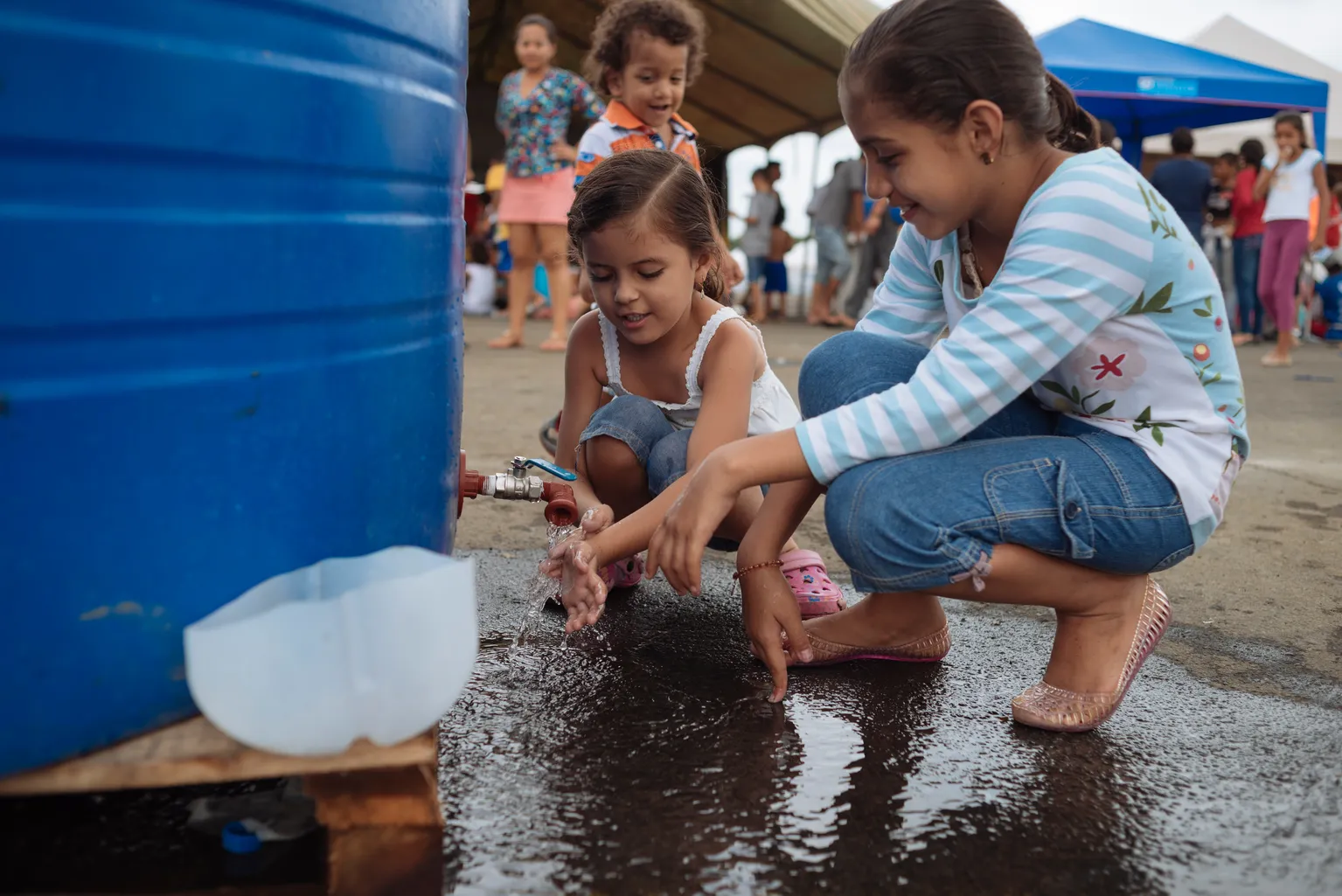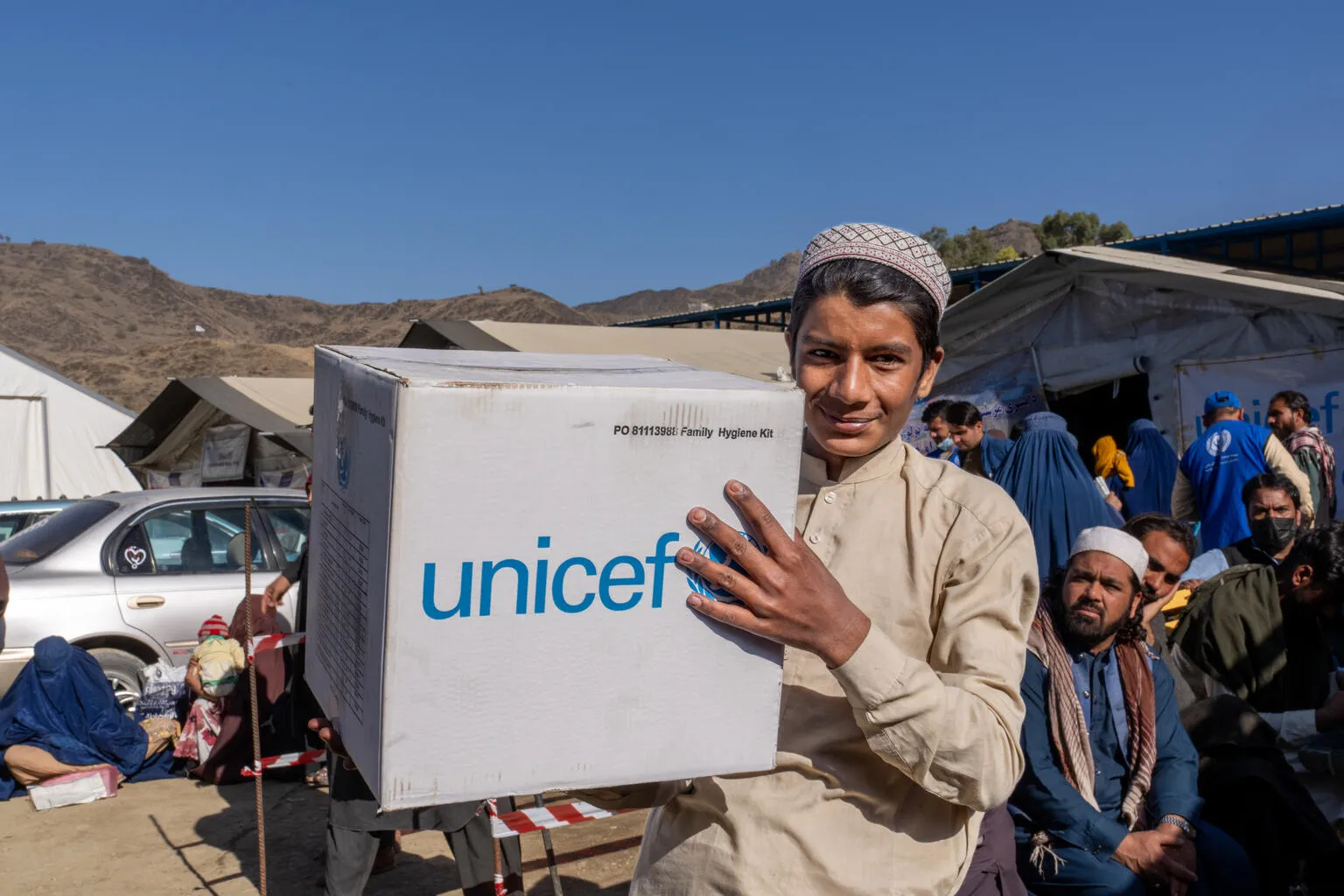Why we’re working together
Unicef and the Ethical Tea Partnership (ETP) have been working together since 2014 to help children and young people living in tea communities in Assam, India.
There are a number of issues facing children and families living in tea communities, including healthcare, child development and nutrition, water, sanitation, hygiene, education and child protection.
The Improving Lives programme aims to support women, children and families living on 205 tea estates, working end-to-end in the supply chain to address the wider systems that impact the lives of workers and their families and to drive sustainable change for children.
Become a corporate partner
What we’re doing
Education
- Helping children to attend pre-school.
- Improving the quality of education so children can complete their primary education and transition to secondary school.
Protection
- Supporting adolescent boys and girls to protect themselves from violence, exploitation and abuse.
- Improving knowledge and skills.
- Working to make the communities safer.
Healthcare and nutrition
- Ensuring that all women, new-borns, children and adolescents in the selected tea gardens have access to quality healthcare.
- Supporting all adolescents, pregnant women and children under two to have access to quality nutrition services.
Sanitation
- Unicef is working towards the goal that all households, workplaces and facilities in tea gardens have access to and use improved water and sanitation facilities.
Reform
- We are encouraging engagement from the tea industry to deliver solutions to human and child rights challenges.
- Where appropriate, we are advocating with state and national government to influence regulatory and policy reform to strengthen protections and improve basic services.
What we’ve achieved
205 Tea Estates
Our partnership works with 25% of the tea estates in Assam
A holistic approach
In addition to child protection, we work on sanitation, nutrition, education, health and better business for children in Assam
$3 million
Provided by ETP over three years






